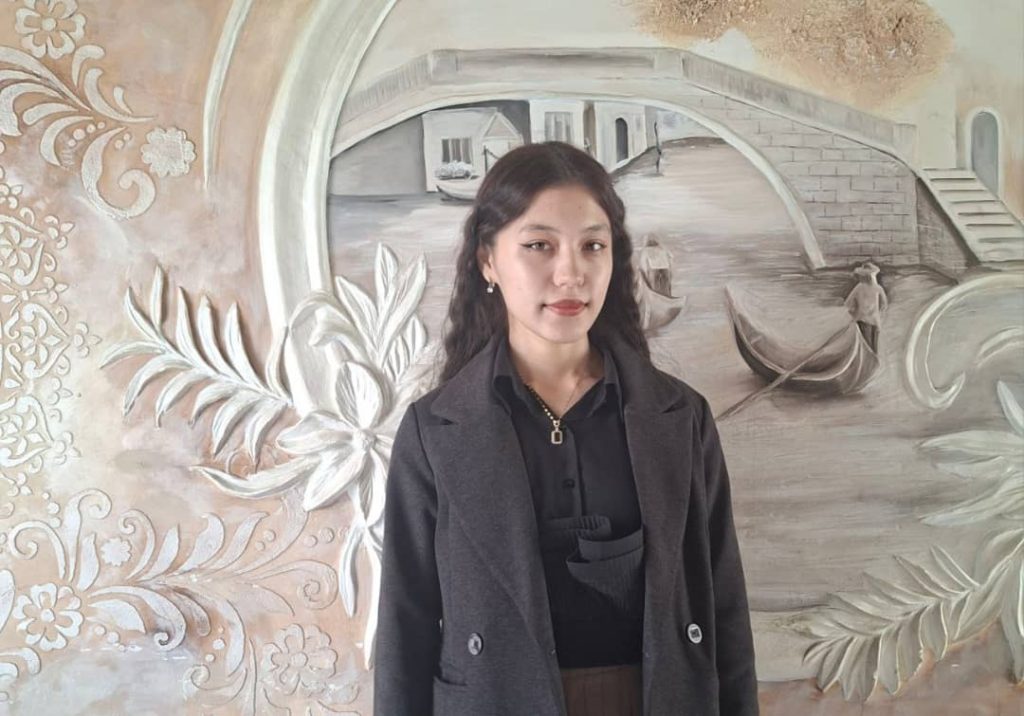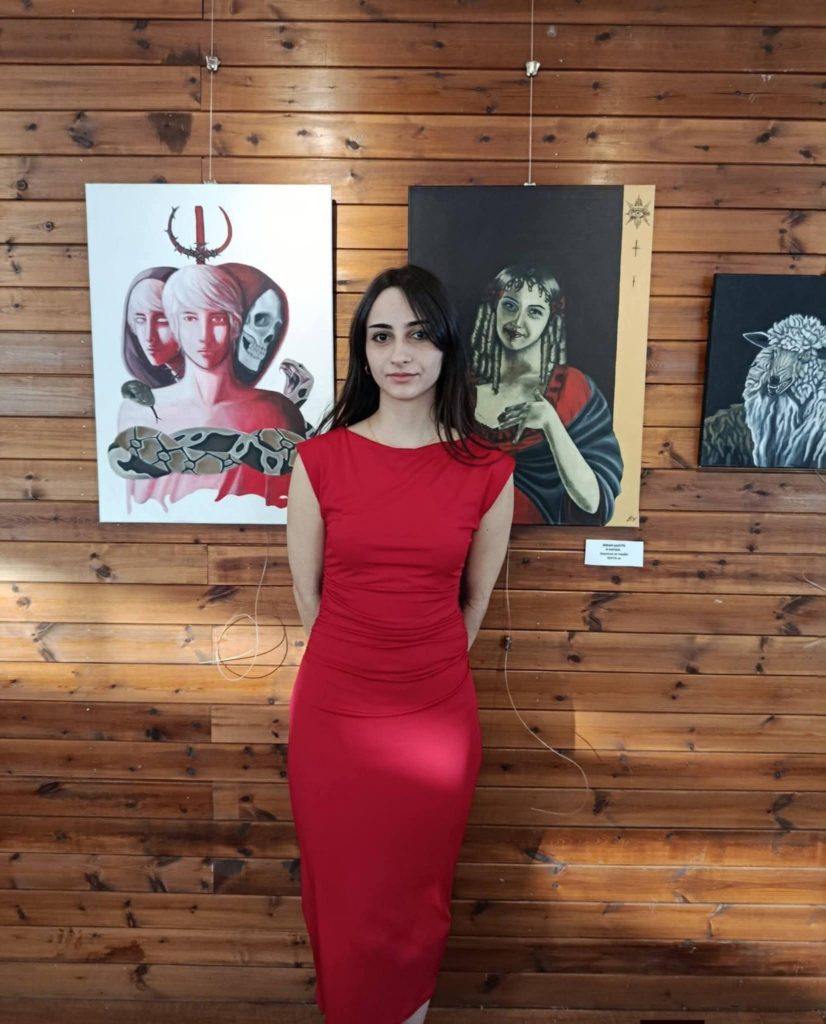
The Importance of Teaching Writing Skills in English Language Learning
Abstract
Writing is one of the most important skills in English language learning because it allows learners to express ideas clearly, logically, and accurately. Writing plays a vital role in academic success and professional communication. This article explores the significance of teaching writing skills in English language classrooms, the role of writing in language development, common challenges faced by learners, effective teaching approaches, and the teacher’s role in improving students’ writing competence.
Keywords: writing skills, English language learning, academic writing, process writing, language development
Introduction
In the modern world, English has become a global language used in education, science, technology, and international communication. Among the four basic language skills—listening, speaking, reading, and writing—writing is considered one of the most complex and challenging skills to master. Writing requires learners to generate ideas, organize thoughts, use appropriate vocabulary, and apply grammatical rules accurately.
For students learning English as a foreign language, writing is essential for academic achievement. Essays, reports, exams, and research papers all require strong writing skills. Therefore, teaching writing should be given special attention in English language education.
The Role of Writing in Language Learning
Writing plays a crucial role in developing overall language proficiency. Through writing activities, learners practice grammar, sentence structure, and vocabulary in a meaningful context. Writing helps students internalize language forms and improve accuracy.
Moreover, writing enhances critical thinking skills. When learners write, they analyze information, organize ideas logically, and express opinions clearly. Writing also improves learners’ reading skills, as good writers are often careful readers. Thus, writing supports integrated language development.
Common Challenges in Learning Writing Skills
Many English language learners struggle with writing due to several factors. Limited vocabulary is one of the most common problems, making it difficult for students to express ideas effectively. Grammatical errors, poor sentence structure, and lack of coherence are also frequent challenges.
Another major difficulty is learners’ fear of making mistakes. When teachers focus too much on error correction, students may lose confidence and motivation. As a result, they may avoid writing tasks. These challenges highlight the need for supportive and effective teaching strategies.
Approaches to Teaching Writing
One of the most effective methods of teaching writing is the process-based approach. This approach views writing as a continuous process that includes planning, drafting, revising, editing, and finalizing. Students are encouraged to focus on ideas first and improve accuracy gradually.
Another useful approach is genre-based writing, which helps learners understand different types of texts such as essays, letters, reports, and narratives. Teachers provide models and guide students in analyzing structure and language features.
Collaborative writing and peer feedback are also effective techniques. They encourage interaction, improve motivation, and help learners learn from each other.
The Teacher’s Role in Developing Writing Skills
Teachers play a central role in teaching writing. They should act as facilitators, guiding students through the writing process. Providing clear instructions, sample texts, and constructive feedback is essential.
Teachers should create a positive learning environment where students feel comfortable expressing ideas. Choosing interesting topics and allowing creativity can significantly improve learners’ writing performance. Continuous practice and encouragement help students develop confidence and competence.
Conclusion
In conclusion, writing skills are an essential component of English language learning. Writing supports language development, academic success, and effective communication. Although writing is challenging, the use of appropriate teaching methods and supportive classroom practices can greatly improve learners’ writing abilities. Therefore, teaching writing should remain a key focus in English language education.
References
Harmer, J. (2004). How to Teach Writing. Longman.
Brown, H. D. (2007). Principles of Language Learning and Teaching. Pearson Education.
Hyland, K. (2003). Second Language Writing. Cambridge University Press.
Richards, J. C., & Renandya, W. A. (2002). Methodology in Language Teaching. Cambridge University Press.
Nunan, D. (1999). Second Language Teaching and Learning. Heinle & Heinle.
Suyunova Zuhra Oybekovna was born on October 25, 2006, in Toyloq district of Samarkand region. She graduated from Secondary School No. 27 in her district. Currently, she is a second-year undergraduate student at Samarkand State Institute of Foreign Languages.
From a young age, Zuhra has been highly interested in learning languages and communicating independently in them. As a result of her dedication and strong motivation, she can now speak four languages and has obtained relevant certificates.
Her articles on various topics are regularly published in mass media. Zuhra’s goal is to learn even more languages in the future, travel to foreign countries, and continue her professional activities on an international level.






